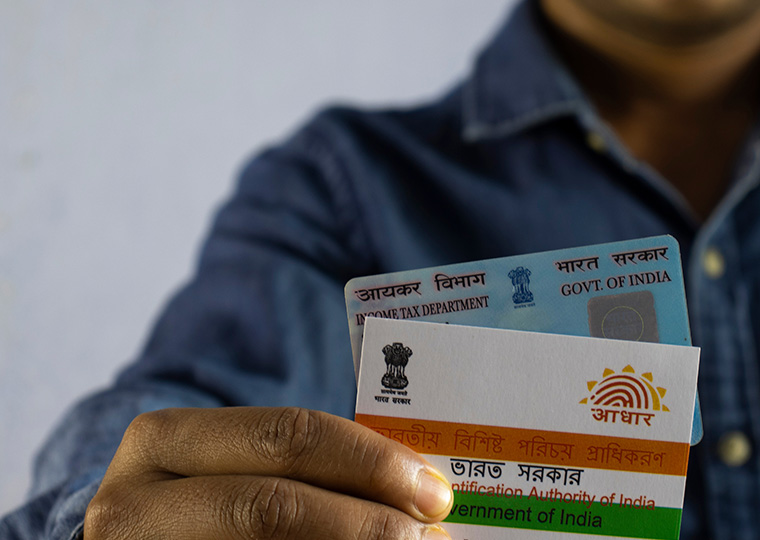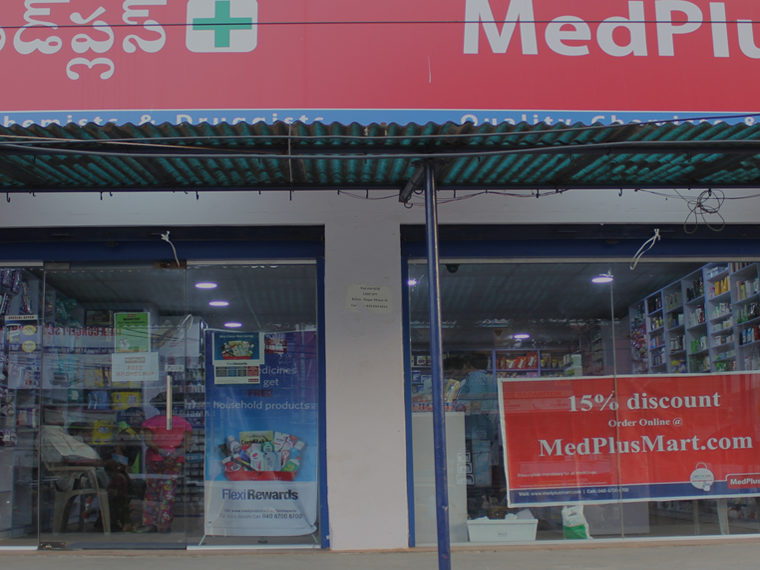Steady employment is rare — a condition some U.S. workers also endure
Entrepreneurship in the U.S. and Europe is well-documented as a risky proposition, one that leads to lower earnings or outright unemployment for most who pursue it. Despite some who get rich in their own businesses, most people in the Western world are better off financially when they spend their careers as employees.
In India, however, entrepreneurship is often the safer route to financial security, according to a working paper by Yale’s Geoffrey Borchhardt and UCLA Anderson’s Olav Sorenson. There, entrepreneurs work more months a year and earn more money on average than employees doing similar work, particularly in the lowest income fields. Only highly educated Indians, who have access to the limited number of salaried jobs in the country, are better off as employees, the study indicates.
Opt In to the Review Monthly Email Update.
Entrepreneurship is comparatively safer in India mainly because it offers steady work that is otherwise hard to find there, the researchers conclude. About 60% of employees in the country are in casual daily wage jobs that provide only intermittent work, according to the study. There’s no effective minimum wage for these workers, employment contracts are verbal, and it’s not uncommon for an employer to stiff or undercut worker pay at the end of a job. These workers “do not know if, or how much, they might earn the next day, let alone over the course of a week or a month,” the study notes.
How Is Entrepreneurship Less of a Gamble?
The study focuses on the more than 200 million Indians — half of India’s workforce — who are self-employed. Among these entrepreneurs are business owners focusing on hiring and growth, as well as many more who sell simple goods or services from pushcarts and doorsteps.
The researchers took data from a representative national survey of Indian household income and living conditions conducted three times a year. Using a sample between 2017 and 2019, they compared earnings of entrepreneurs with those employed in similar work. They also looked at changes in earnings as workers shifted in and out of employment and entrepreneurship, as many did.
The findings suggest that entrepreneurship may be a better bet for millions of people in low-income countries, where laborers often have few protections and commonly must look for work daily or seasonally. “For those who face precarious employment, entrepreneurship might not represent a risky endeavor, but rather the safest option available,” the authors write.
The authors note several scenarios in which a worker might find entrepreneurship similarly less risky in the U.S. and in other wealthy nations than employment they could reasonably be expected to land. For example, entrepreneurial gig employment, like driving for Uber Eats, is often viewed in research as undesirable and poor paying, i.e., risky. But that driver may end up with more earnings than an employed pizza deliverer who collects minimum wage and gets only 29 hours a week of work. Immigrants and people with criminal records — job seekers often disadvantaged in traditional labor markets — also may earn more money from entrepreneurship, even if the take is small, the authors write.
Most research looking at the returns on entrepreneurship have been conducted with data from wealthy nations, where the assumed counterfactual to self-employment is reliable, full-time pay as an employee, Borchhardt and Sorenson write. These studies overwhelmingly tag entrepreneurship as the riskier venture. But the only realistic alternatives for many people, even in the Western world, are unemployment or underemployment. Perhaps more consideration should be given to the question, “riskier than what?”
Featured Faculty
-
Olav Sorenson
Joseph Jacobs Chair in Entrepreneurial Studies; Professor of Strategy; Faculty Research Director, Price Center for Entrepreneurship & Innovation
About the Research
Borchhardt, G. and Sorenson, O. (2022). Entrepreneurship as the Safe Option: Evidence From India.






